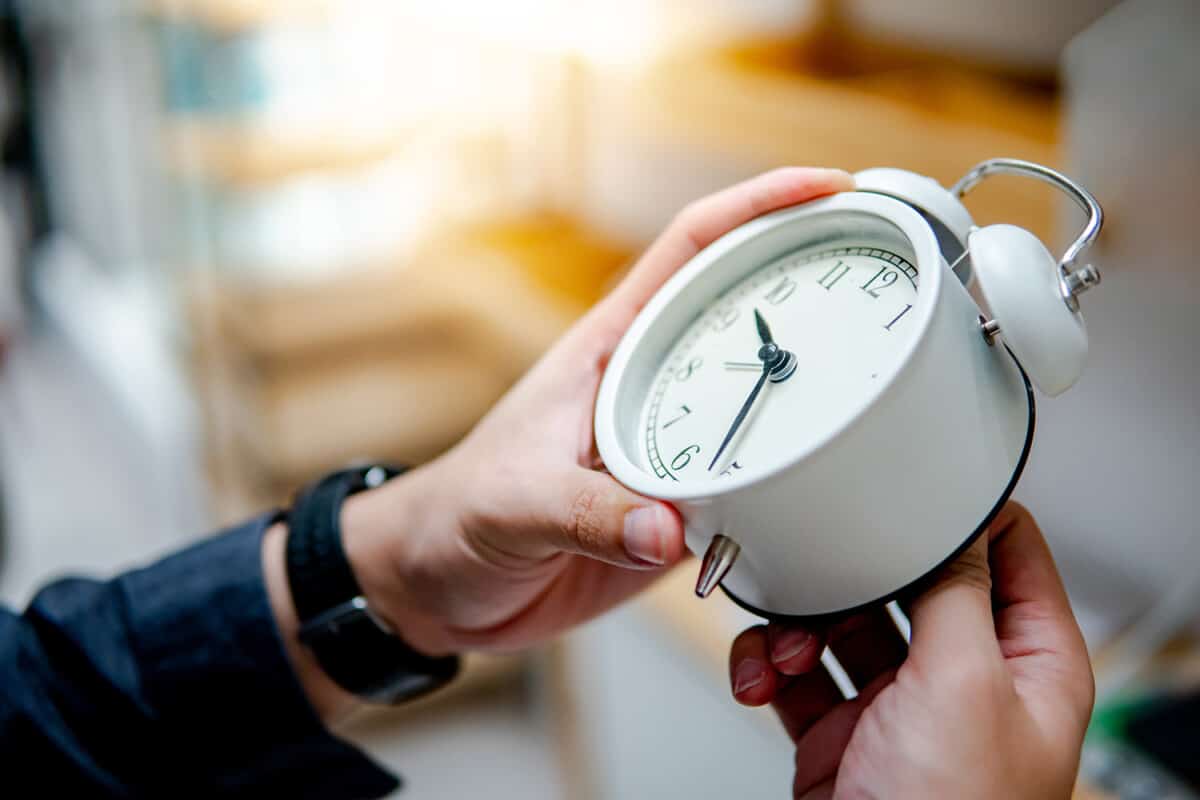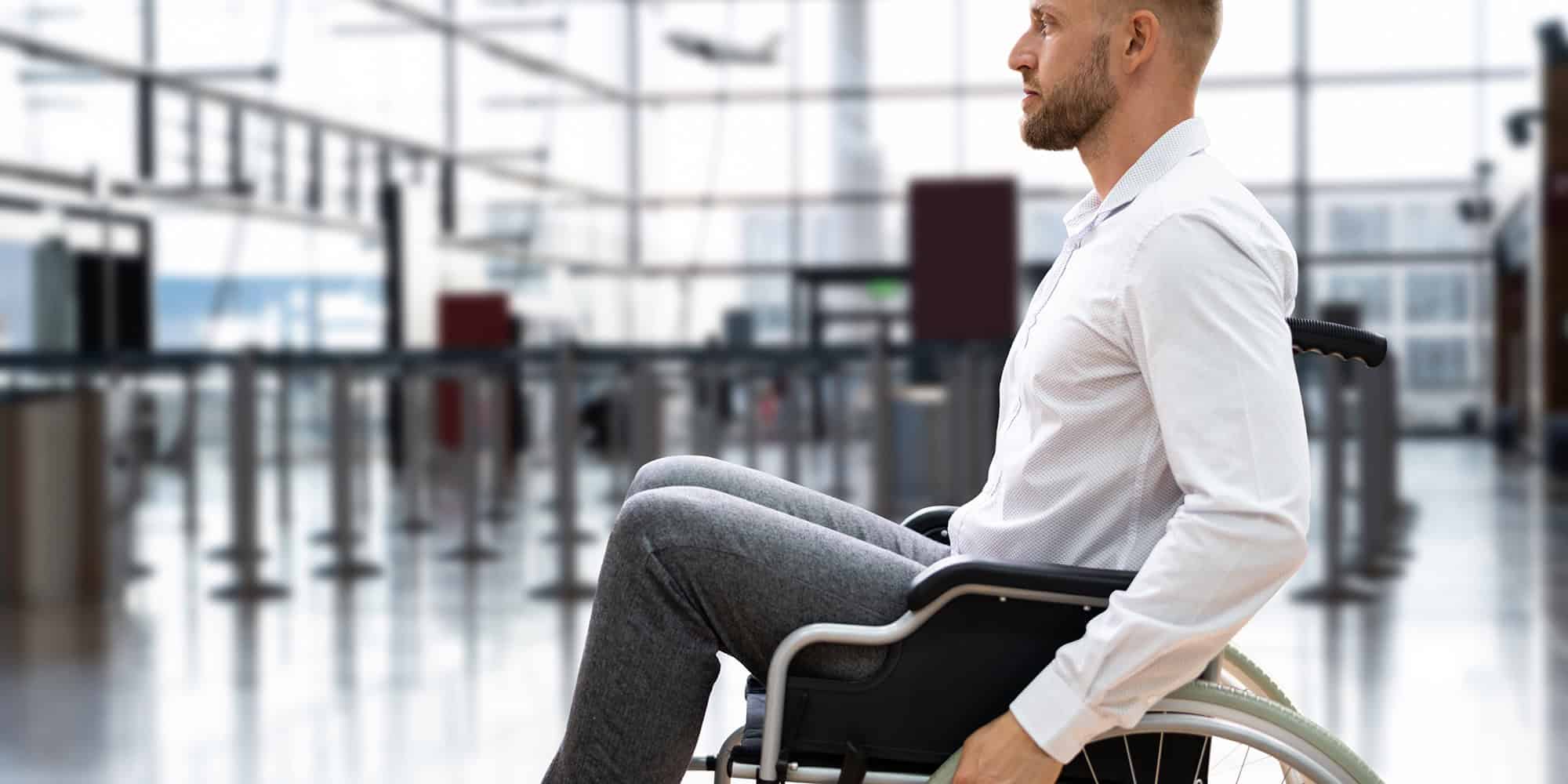Knowing how to handle jet lag can help you maintain your sleep schedule and wellness during your travels so you can make the most of your trip.
What is Jet lag?
Jet lag is a temporary sleep disorder that can occur when you travel across multiple time zones. It is caused by the disruption of your body’s natural circadian rhythm, which is the internal clock that regulates your sleep-wake cycle. When you travel, your body’s circadian rhythm may not adjust to the new time zone as quickly as you do, which can lead to symptoms such as fatigue, insomnia, and difficulty concentrating.

There are several things you can do to avoid or minimise jet lag, including:
- Adjusting your sleep schedule: Before you travel, start to gradually shift your sleep schedule to the new time zone. This may involve going to bed and waking up earlier or later than you normally do.
- Staying hydrated: Drink plenty of fluids, especially water, to stay hydrated and avoid dehydration, which can worsen jet lag symptoms.
- Getting moving: Exercise can help to regulate your circadian rhythm and reduce jet lag symptoms. Aim for at least 30 minutes of moderate-intensity exercise most days of the week.
- Limiting caffeine and alcohol intake: Caffeine and alcohol can interfere with sleep, so it is best to avoid them or limit your intake, especially in the hours before bed.
- Taking melatonin: Melatonin is a hormone that helps to regulate sleep. You can take melatonin supplements to help you fall asleep and stay asleep, especially when travelling across multiple time zones.
By following these tips, you can help minimise your jet lag symptoms and make your trip more enjoyable.
Here are some additional tips that may be helpful:
- Choose a direct flight whenever possible: This will minimize the amount of time you are exposed to different time zones.
- Avoid napping during the day: Napping can make it harder to fall asleep at night.
- Expose yourself to sunlight: When you arrive at your destination, try to get outside and expose yourself to sunlight as soon as possible. This will help to reset your circadian rhythm.
- Pack comfortable clothing: You may want to pack clothing that is loose-fitting and comfortable to sleep in, as you may experience some sleep disturbances during your trip.






